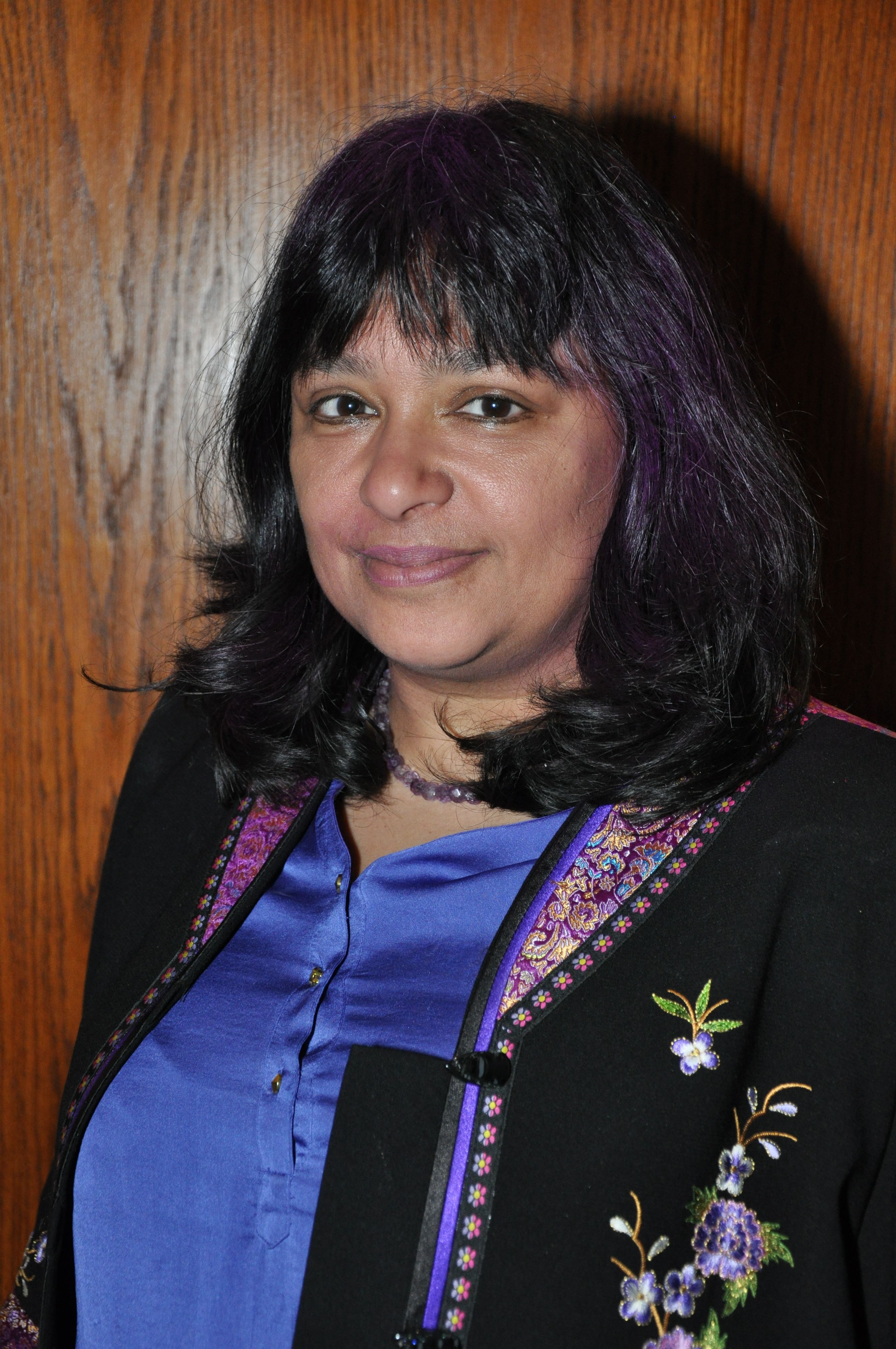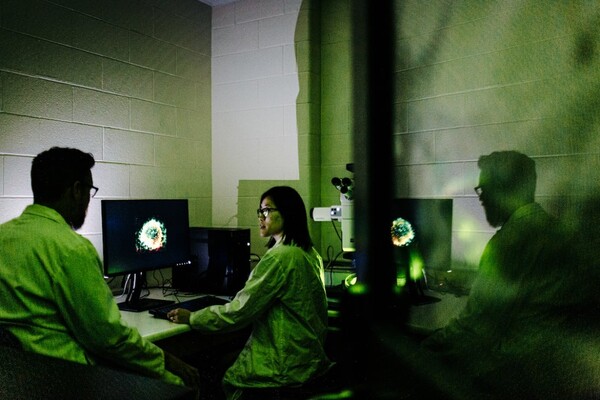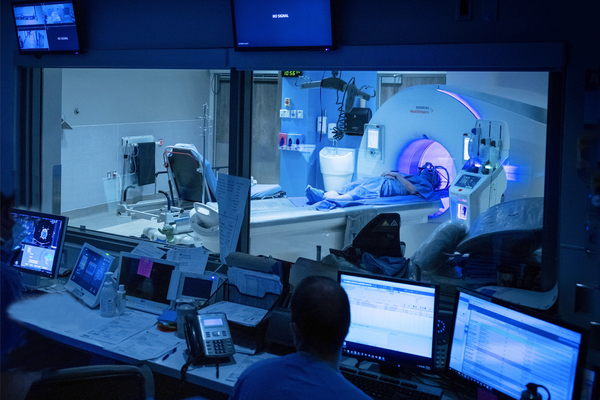Indigenous Health Conference Aims for Cultural Humility, Building Trust

Access to clean drinking water, the threat of starvation and the lack of adequate health care in the Far North are some of the themes to be discussed starting tomorrow at U of T’s Indigenous Health Conference.

The bi-annual conference, chaired by the Faculty of Medicine’s Professor Anna Banerji, draws together experts, frontline health workers and Indigenous peoples from every corner of Canada. More than 700 people will attend the two-day conference at the Hilton Meadowvale Hotel.
Banerji, a Toronto pediatrician, is the Director of Global and Indigenous Health in the Department of Continuing Professional Development and an assistant professor in the Dalla Lana School of Public Health. She spoke with writer Heidi Singer about the legacy of discrimination against Indigenous peoples in Canada, and its profound health impacts.
This is believed to be the first and only conference of its kind. Can you explain the thinking behind it?
We identified that many health care professionals lacked the cultural and historical knowledge needed to provide optimal care to Indigenous populations. This conference was developed to address the gap.
When the first conference was held in 2014, we had no idea what to expect. One of our main goals was to be honest, not to sugarcoat or exaggerate. People needed to be informed about the legacy of discrimination and about discriminatory policies which may have an impact on health. We wanted non-Indigenous people to understand the issues, but it was important that it was delivered through Indigenous voices. It turned out that people were very interested in understanding these issues. They came from across the country. Indigenous and non-Indigenous people were able to share and learn from each other.
One very important panel discussed genocide in the Canadian context. By the end of the talk it was unanimous. The whole audience agreed that genocide occurred against Indigenous people and the 2014 Toronto Declaration [41] was made as a result. Earlier this year, the Truth and Reconciliation Commission report asserted that in fact a cultural genocide did occur. By accepting truth, we are now in a position to strategize on reconciliation and healing and move toward improved health.
As we look forward there are some unanswered questions. How do health care providers move forward in improving the quality of health for Indigenous communities? How do we positively impact health policy? It’s going to take a long time but this is one venue for dialogue.
A key focus will be lack of access to clean water. It’s shocking that this is an issue in Canada in 2016.
Three First Nations chiefs and an expert on mercury poisoning will be speaking about the water issue. They’ll talk about the ongoing mercury contamination problem. In Northern Ontario, the Grassy Narrows First Nation had chemicals dumped into the water supply, resulting in increased mercury levels. This poisoned members of the community and caused significant health issues including neurotoxicity. It still affects the water quality today. Other cases, in British Columbia and Labrador have the potential to lead to similar consequences. So this is really mercury poisoning, past, present and future.
Beyond mercury poisoning, access to safe drinking water is an issue. At any point in time there are over 100 Indigenous communities that are under boil water advisories. When will clean water be available to all Indigenous communities? This is a basic human right.
What are the most important health issues affecting Indigenous peoples?
Indigenous people have the lowest index for health in Canada. The average life expectancy for a Canadian is 82 years while for an Inuit Canadian it is only 64.5 years. According to the World Health Organization this is less than Rwanda or Pakistan. People don’t realize that.
Indigenous children die at three to four times the rate from injury. The death rates from cancer are higher. The factors contributing to this are multiple and complex, and include discriminatory government policies.
An example of one such policy is The Indian Act. It has had a long term impact on health. A lot of people don’t know the truth of what happened. As part of the Act, someone would lose their status if they wanted to have a business, wanted to vote or go to university. If a First Nations woman married a non-Indigenous man she would lose her status. People were put into fenced-in small areas and not allowed to come out without permission from the Crown. Children were taken away and often abused in residential schools. Robbing Indigenous peoples of their opportunities, land, culture, beliefs and children has had tremendous impacts on mental, physical, emotional and spiritual health. It is time to level the playing field. Recognizing how policies have impacted Indigenous people and working to address those inequities will help to improve health.
What would you like a doctor or nurse to learn from the conference?
While we work to celebrate the resiliency and strength of Indigenous peoples at the conference, there’s still a system with entrenched racism and discrimination. If they learn that they still have a lot to learn about Indigenous people and culture and are open to dialogue, they will hopefully gain some skills and tools they can use to be better health providers. I want this to be a starting point for them in working towards health and reconciliation.
The Indigenous Health Conference (IHC) 2016: Towards Health and Reconciliationwill take place May 26th – 27th 2016 at the Hilton Meadowvale in Mississauga.
News


